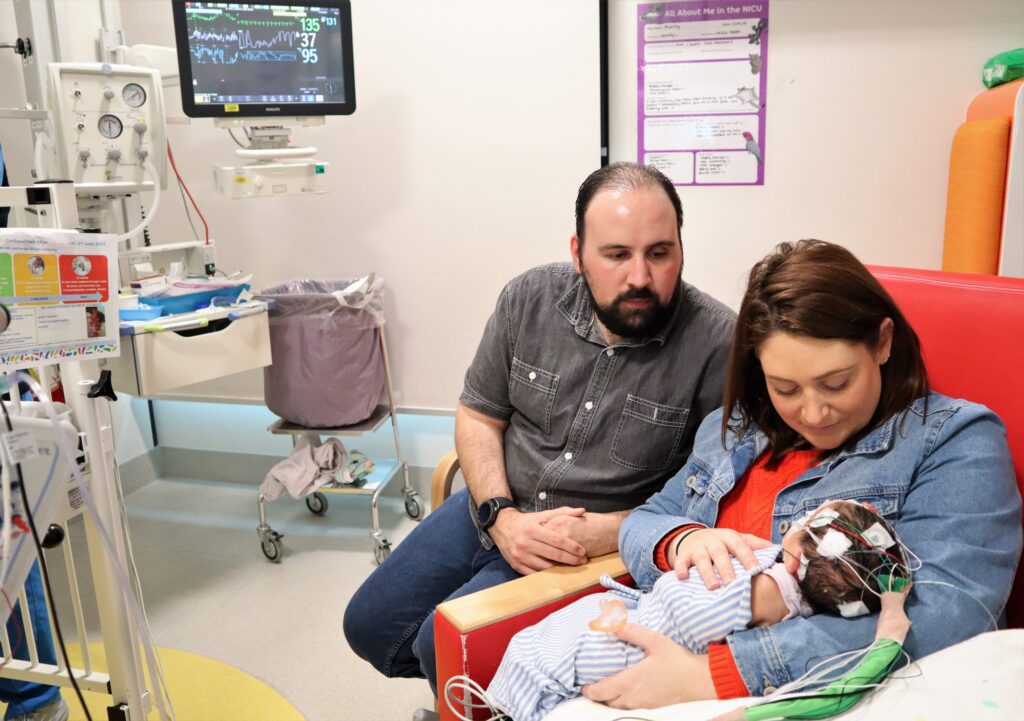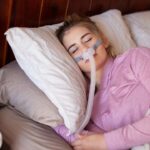
Sleep is an essential component of overall health and well-being. For many individuals, however, achieving a restful night’s sleep can be elusive. Sleep disorders, ranging from insomnia to sleep apnoea, can significantly impact daily life. In Perth, accurate and reliable sleep testing is available to help diagnose these conditions and improve the quality of life for many residents.
Understanding Sleep Disorders
Sleep disorders encompass a variety of conditions that disrupt normal sleep patterns. These disorders can lead to a range of symptoms, including excessive daytime sleepiness, difficulty concentrating, and irritability. Understanding the types of sleep disorders is crucial for effective diagnosis and treatment.
Accurate and reliable sleep testing Perth is essential for diagnosing and treating sleep disorders effectively. With a range of options available, individuals can find the right testing method to suit their needs. Understanding the types of sleep disorders, the testing process, and the importance of follow-up care can empower individuals to take charge of their sleep health.

Common Types of Sleep Disorders
Among the most prevalent sleep disorders are insomnia, characterised by difficulty falling or staying asleep, and obstructive sleep apnoea (OSA), where breathing repeatedly stops and starts during sleep. Other disorders include restless legs syndrome, narcolepsy, and parasomnias, which involve abnormal behaviours during sleep. Insomnia, for example, can manifest in various forms, such as acute insomnia, which lasts for a short period, or chronic insomnia, which occurs at least three times a week for three months or more. This condition can be triggered by stress, anxiety, or even certain medications, making it essential to identify the root cause for effective management.
Each of these conditions presents unique challenges and may require specific testing methods to diagnose accurately. For instance, sleep apnoea often necessitates overnight monitoring to observe breathing patterns and oxygen levels. This monitoring, known as polysomnography, records brain waves, blood oxygen levels, heart rate, and breathing, providing comprehensive data that helps clinicians understand the severity of the disorder. Additionally, the impact of lifestyle factors such as diet, exercise, and sleep hygiene cannot be overlooked, as they play a significant role in the management of these disorders.
The Importance of Accurate Diagnosis
Accurate diagnosis is vital for effective treatment. Without proper testing, underlying issues may go unnoticed, leading to prolonged discomfort and health complications. In Perth, various facilities offer comprehensive sleep studies, ensuring that individuals receive the care they need. These facilities often employ state-of-the-art technology and experienced sleep specialists who can interpret the data collected during sleep studies, providing invaluable insights into a patient’s sleep health.
By identifying the specific type of sleep disorder, healthcare professionals can tailor treatment plans to address the unique needs of each patient, improving overall sleep quality and health outcomes. Treatment options may range from lifestyle changes and cognitive behavioural therapy to the use of continuous positive airway pressure (CPAP) machines for those with sleep apnoea. Furthermore, ongoing research into sleep disorders continues to shed light on new therapies and interventions, highlighting the importance of staying informed about advancements in this field. As awareness grows, more individuals are seeking help, which is a positive step towards improving sleep health across communities. Find more about communities at http://web.mit.edu/fnl/vol/121/sher.htm

Sleep Testing Options in Perth
Perth boasts a range of sleep testing options, catering to different needs and preferences. From in-lab sleep studies to home sleep tests, individuals can choose the method that best suits their lifestyle and comfort level.
In-Lab Sleep Studies
In-lab sleep studies, or polysomnography, are conducted in a controlled environment, typically within a sleep clinic. During these studies, patients are monitored overnight, with various sensors tracking brain activity, heart rate, breathing patterns, and oxygen levels.
This comprehensive approach allows for a detailed analysis of sleep stages and any disturbances that may occur. In-lab studies are particularly beneficial for diagnosing complex sleep disorders, as they provide a wealth of data for healthcare professionals to assess.
Home Sleep Testing
For those who prefer the comfort of their own home, home sleep testing is an increasingly popular option. This method involves using portable monitoring devices that can track essential sleep metrics without the need for an overnight stay in a clinic.
Home sleep tests are typically used to diagnose conditions like obstructive sleep apnoea. While they may not provide as comprehensive data as in-lab studies, they offer a convenient and less intimidating alternative for many individuals.
The Process of Sleep Testing
Understanding the sleep testing process can alleviate anxiety and prepare individuals for what to expect. Whether opting for an in-lab study or a home test, the procedure is designed to be straightforward and efficient. To read more about anxiety click here.
Preparation for Sleep Testing
Before undergoing a sleep study, patients may receive specific instructions from their healthcare provider. This may include guidelines on medications, caffeine consumption, and sleep hygiene practices to ensure accurate results.
For in-lab studies, patients are typically advised to arrive at the sleep clinic in the evening, where they will be greeted by trained sleep technicians who will explain the process and set up the necessary equipment.
Conducting the Sleep Study
During an in-lab sleep study, patients will be connected to various sensors that monitor their sleep patterns throughout the night. These sensors are non-invasive and designed to minimise discomfort. Patients are encouraged to sleep as they normally would, allowing for the most accurate assessment of their sleep behaviour.
In the case of home sleep testing, patients will receive a device to wear overnight. This device will typically include sensors that monitor breathing and heart rate, and instructions will be provided on how to set it up correctly.
Interpreting Sleep Test Results
Once the sleep study is complete, the data collected will be analysed by a qualified sleep specialist. Understanding the results is crucial for determining the appropriate course of action.
What to Expect from the Results
Results from sleep tests can vary widely depending on the individual and the specific sleep disorder being investigated. Common outcomes include diagnoses of sleep apnoea, insomnia, or other sleep-related conditions.
Patients will typically receive a detailed report outlining the findings, including any abnormalities detected during the study. This report will help guide treatment options, which may include lifestyle changes, continuous positive airway pressure (CPAP) therapy, or medication.
Follow-Up Care and Treatment Options
Following the interpretation of results, follow-up care is essential. Healthcare providers will discuss the findings with the patient and recommend a tailored treatment plan. This may involve further testing or referrals to specialists, depending on the complexity of the diagnosis.
For many individuals, implementing lifestyle changes can significantly improve sleep quality. This may include establishing a consistent sleep schedule, creating a relaxing bedtime routine, and making dietary adjustments.
Choosing the Right Sleep Testing Facility in Perth
With several options available in Perth, choosing the right sleep testing facility is crucial for receiving accurate and reliable care. Considerations such as location, reputation, and the range of services offered can influence the decision.
Reputation and Accreditation
When selecting a sleep testing facility, it is essential to consider its reputation and accreditation. Facilities that are accredited by recognised organisations ensure adherence to high standards of care and professionalism.
Reading reviews and testimonials from previous patients can also provide insight into the quality of care offered. A facility with a strong track record of successful diagnoses and treatments is more likely to provide a positive experience.
Range of Services Offered
Different facilities may offer varying services, from basic sleep studies to comprehensive evaluations that include consultations with sleep specialists. It is advisable to choose a facility that provides a full spectrum of care, ensuring that all aspects of sleep health are addressed.
Additionally, facilities that offer follow-up care and support can be beneficial, as ongoing management is often necessary for individuals with sleep disorders.
Conclusion
As sleep plays a crucial role in overall health and well-being, seeking professional help is a vital step towards achieving restful nights and revitalised days. With the right support and resources, residents of Perth can look forward to improved sleep quality and a better quality of life.
Other resources: Better Sleep Starts with a Sleep Study in Perth




